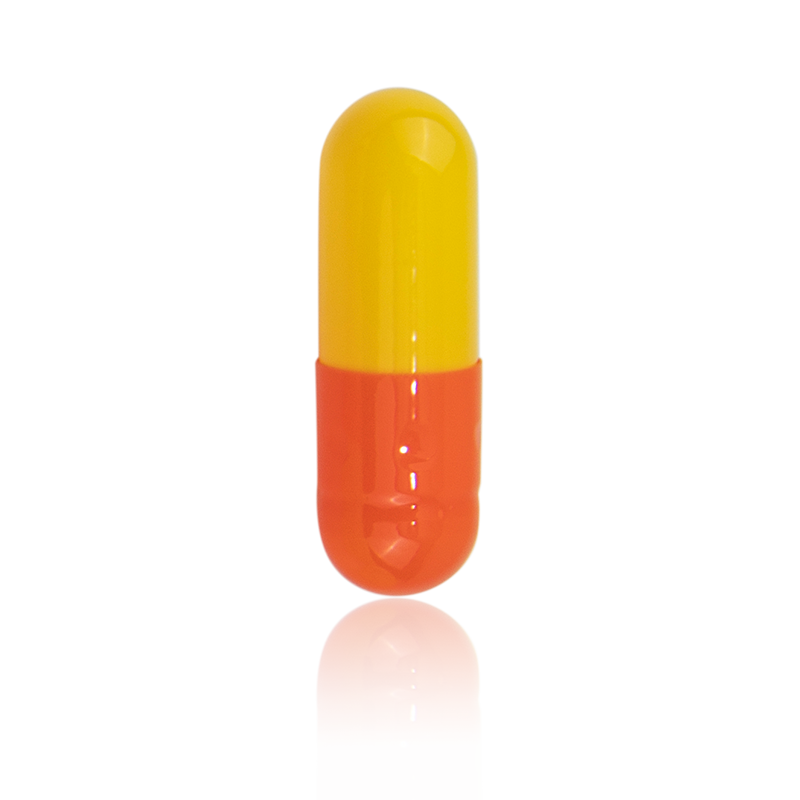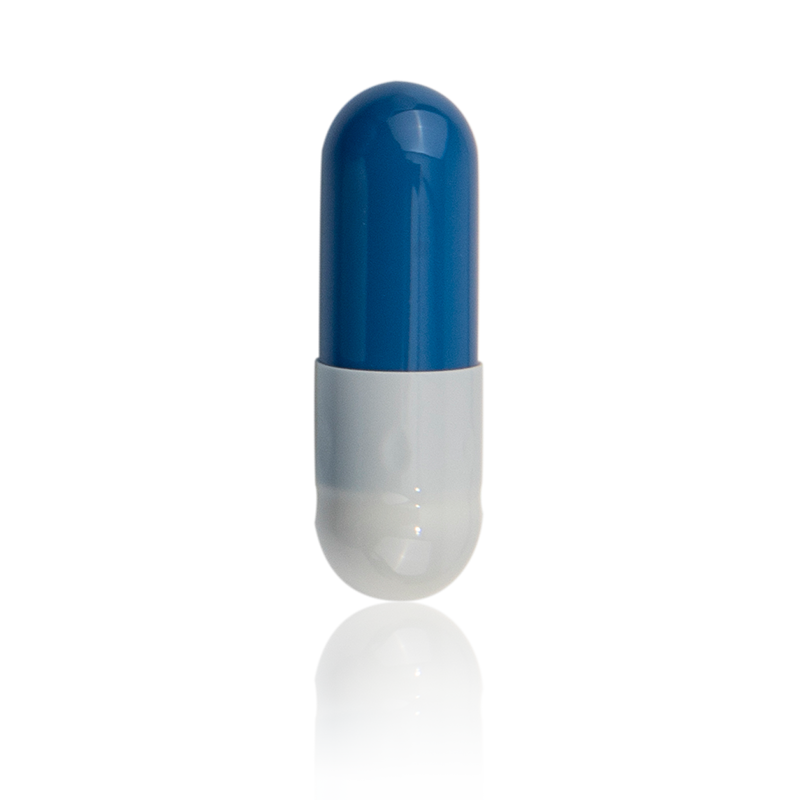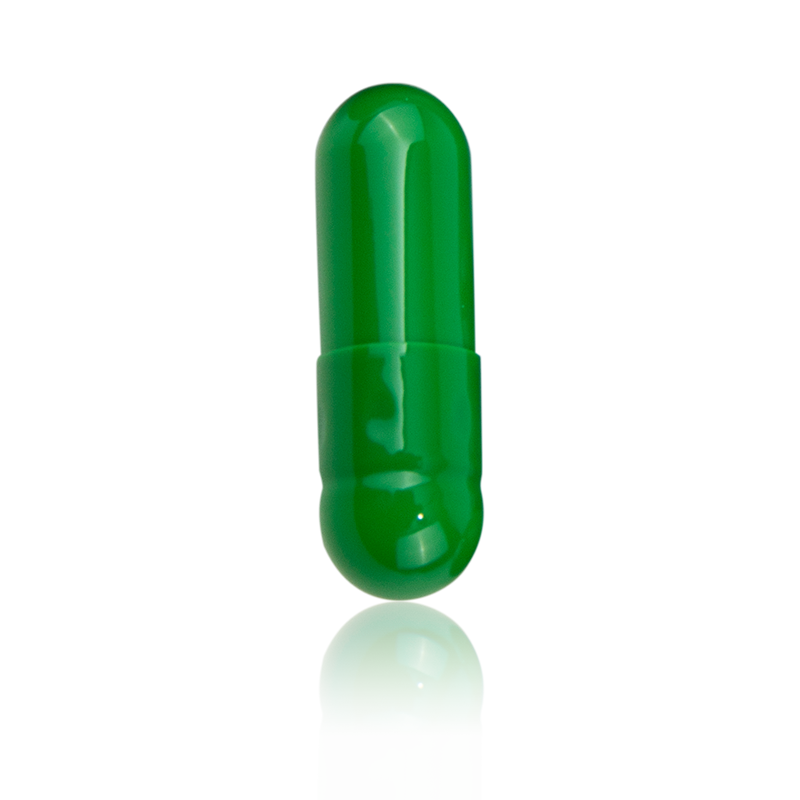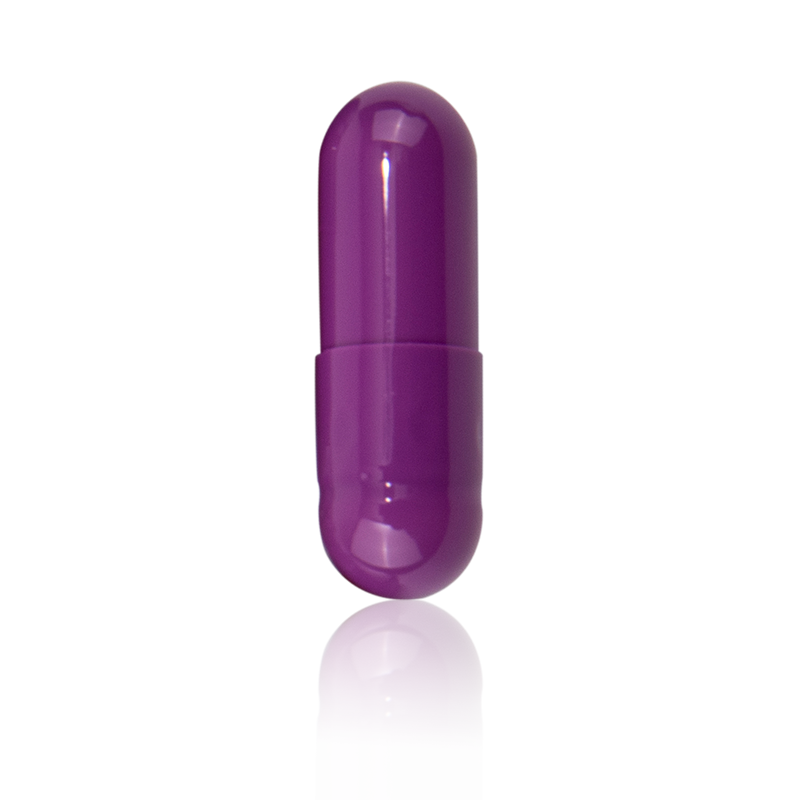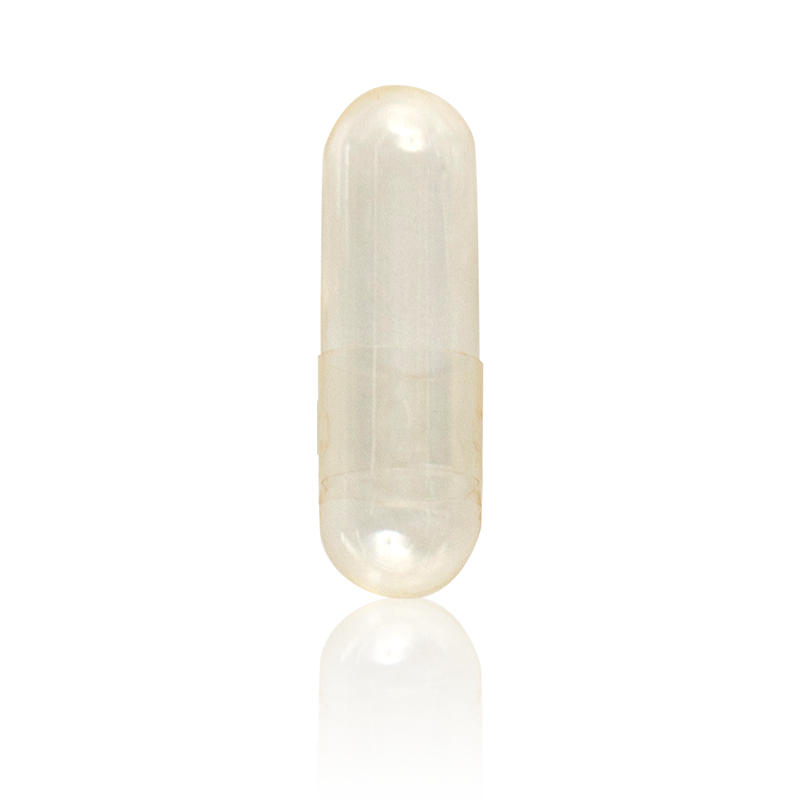Enteric-coated HPMC Hollow Capsules

Omeprazole delayed release capsules contain 20 mg of the drug in enteric-coated granules. Other ingredients are magnesium stearate, mannitol, meglumine, and poloxamer. It is available in delayed-release capsules, enteric-coated granule form, and for oral administration in tablet form.Omeprazole delayed release capsules are contraindicated in patients with known hypersensitivity to this drug. It can cause anaphylaxis, bronchospasm, and angioedema. It is also associated with an increased risk of Clostridium difficile associated diarrhea. Patients should be monitored for these complications.Omeprazole delayed release capsules should be taken as directed by a medical professional. Always read the label to determine the dosage. Omeprazole delayed release capsules should be taken before meals. Patients should also follow the instructions printed on the package.
If self-treating, the dosage should be based on the medical condition and weight of the patient.Omeprazole can interact with other medications. It decreases the amount of acid in the stomach. As a result, it can interfere with the absorption of certain products, such as iron supplements and ketoconazole antifungals.The KAPIDEX delayed release capsule is a prescription medication that helps patients with acid reflux and GERD. It is available in 30 mg and 60 mg strengths. It has been approved by the FDA for the treatment of non-erosive GERD. Although the brand name has changed over the years, the product is essentially the same. Patients can take it for up to six months, depending on their individual circumstances.
Although KAPIDEX delayed release capsules can be a useful treatment, there are still a number of side effects associated with this medication. There have been reports of anaphylaxis, auditory hallucinations, central obesity, decreased hemoglobin, dysphonia, gastrointestinal pain, and gout. In addition to these side effects, KAPIDEX delayed release capsules may cause serious side effects.This drug is a delayed-release capsule, which means that you can take it with or without food. However, some patients benefit from taking their dose before a meal. This can help to reduce post-meal symptoms. The KAPIDEX delayed-release capsules contain a lansoprazole dosage of 30 mg. They were also tested on healthy subjects. There are several ways to use KAPIDEX delayed-release capsules.

 English
English Español
Español 中文简体
中文简体